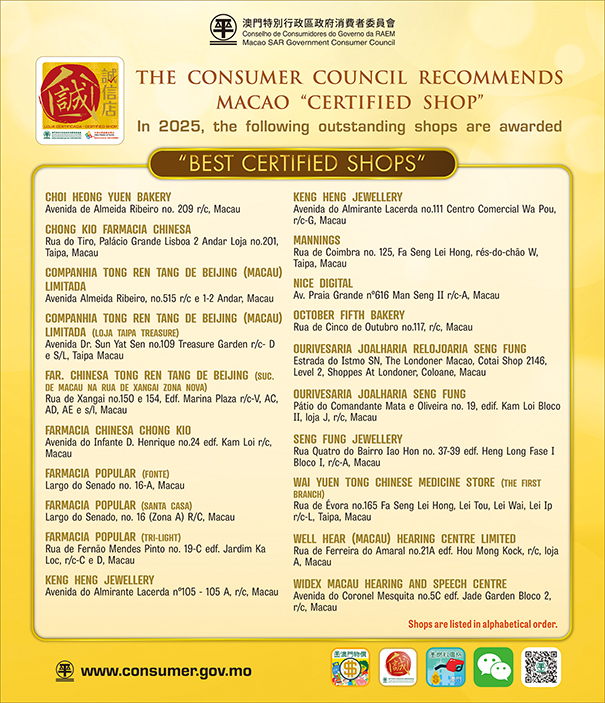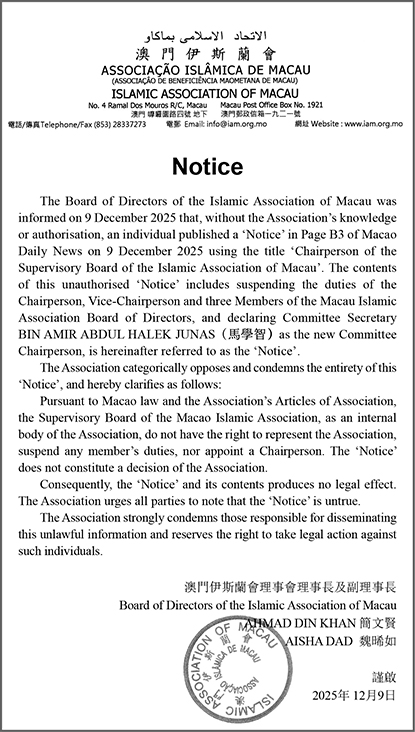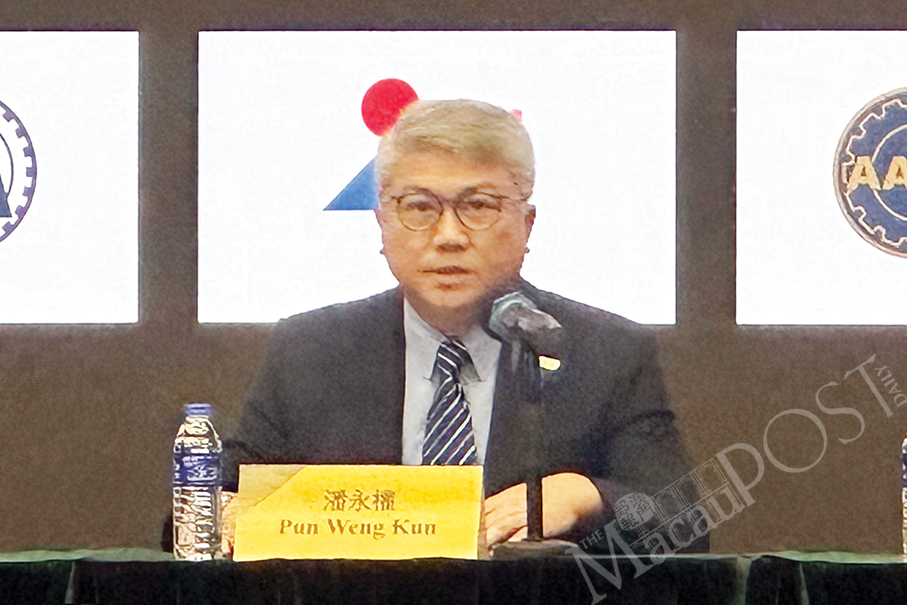China Daily Editorial
Solar panels imported from China that have been stuck at the US border for months due to a ban imposed by Washington last year targeting the country for alleged human rights violations are now starting to make it through customs.
For example, Trina Solar, a major Chinese producer, has had more than 900 megawatts of its solar panels cleared by US customs over the past four months, enough to power more than 150,000 homes.
This is alleviating the gridlock in the US market that was a result of the US’ “Uyghur Forced Labor Protection Act”, which went into effect in June last year. The act effectively prohibits imports of products made in the Xinjiang Uygur autonomous region on the grounds that they are allegedly made with “forced labor”. It requires importers to provide sourcing documentation back to the raw materials to prove otherwise for the goods to be cleared to enter the US. US Customs and Border Protection had reportedly seized more than 1,000 shipments of solar energy equipment from China under the new law as of October.
The US act, based on lies by anti-China forces, aims to create trouble on Xinjiang-related issues in a bid to contain China’s development through political manipulation and economic bullying in the name of “human rights”. The claims of “forced labor” have been firmly rebutted by the Chinese government, which has also accused the US of trampling on market rules and disrupting global industry and supply chains with the act.
Like a double-edged sword, the ban, while greatly hurting the interests of Chinese solar panel manufacturers, has also affected many US businesses in the clean energy sector given the highly complementary and interconnected nature of the two economies.
Xinjiang now accounts for about 45 percent of the world’s supply of polysilicon, a material that is widely used in solar panels, and the ban on imports from the region has also hiked solar panel costs and delayed green infrastructure projects in the US, which may pose a threat to the Joe Biden administration’s clean energy ambition of generating more than 40 percent of energy through solar by 2035.
The recent thaw in Chinese shipments is thus more like an expediency of Washington to ease domestic woes than a policy change toward China, yet it in a way also reflects how a cooperative rather than confrontational approach can best serve the interests of both.
History proves that China-US relations are not a zero-sum game where one side thrives at the expense of the other, as some politicians in the US perceive them to be. Apart from green energy and climate change, there are many other sectors where China and the US can develop and prosper together. Hopefully, the US will recognize that sooner rather than later, and that understanding can help guide the development of bilateral ties in the future.
– Courtesy of China Daily










